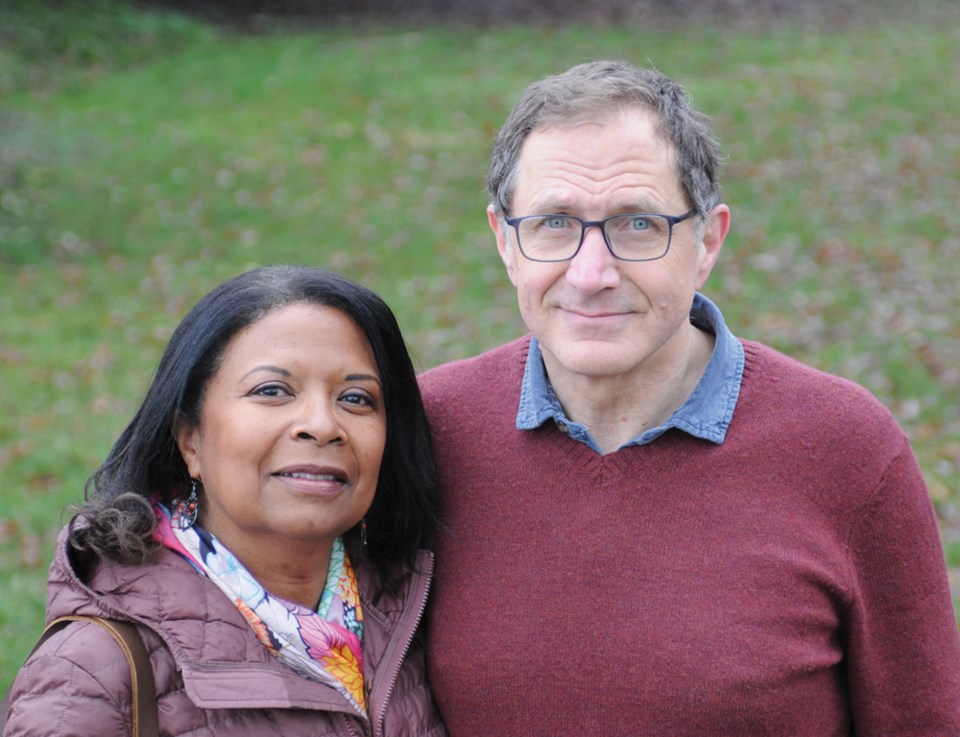We bring you a story this week revealing how the capital behind the early settlement of North Vancouver came from a family fortune amassed through the transatlantic slave trade. It is both illuminating and maddening.
In Canada, we have a nasty habit of dismissing racism and discussions of slavery as American issues, not our own. We now know just how wrong that is. There are most likely other Canadian communities and institutions that are a legacy of slavery too, if only we know where to look.
And the abolition of slavery has been followed by decades of both legal and social persecution. Wealth begat wealth. Exclusion begat exclusion. That is nature of systemic racism.
Here on the North Shore, we have seen legal covenants barring people of colour from owning homes, and the abuse directed at the family of athletes and activists Harry and Valerie Jerome when their parents came to North Vancouver in 1951. These are very much our problems.
We foresee already some folks in the community will take issue with this story. It’s “divisive” to dredge up racial injustices, they say – as if keeping them hidden is somehow nobler.
The sooner we acknowledge our real history, the sooner we can have a more productive discussion about how to properly redress those injustices.
We have an equally bad habit of failing to properly celebrate the achievements of Black people in Canada. As this Black History Month draws to its close, we urge everyone to acknowledge both – the struggle and the success. Only then can we start building a history to be proud of.

